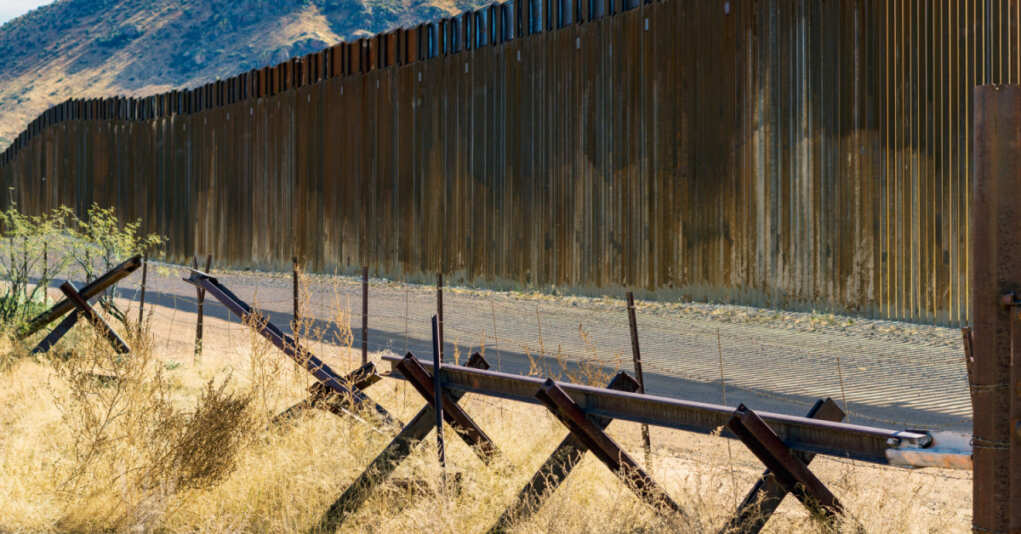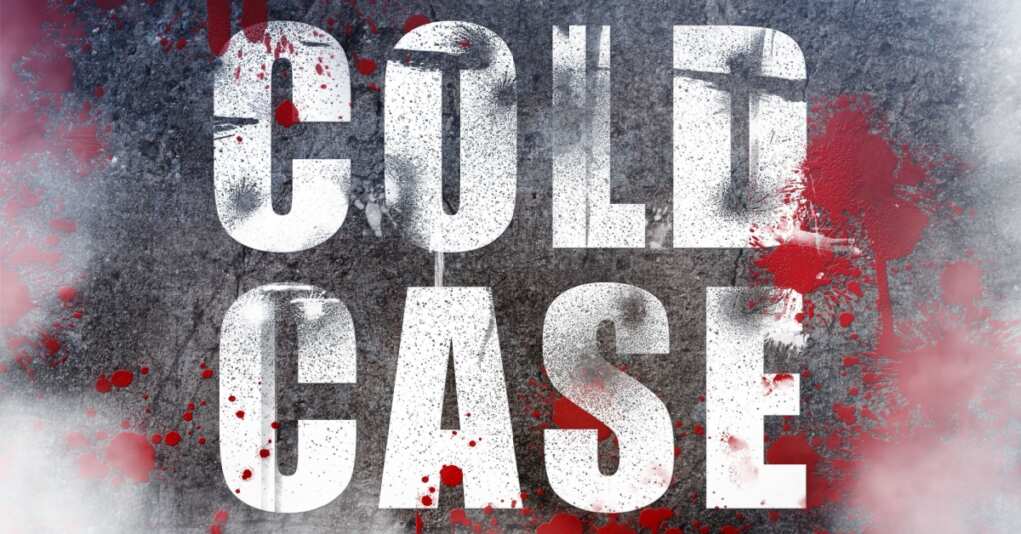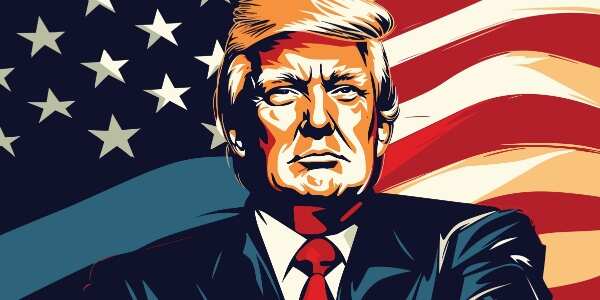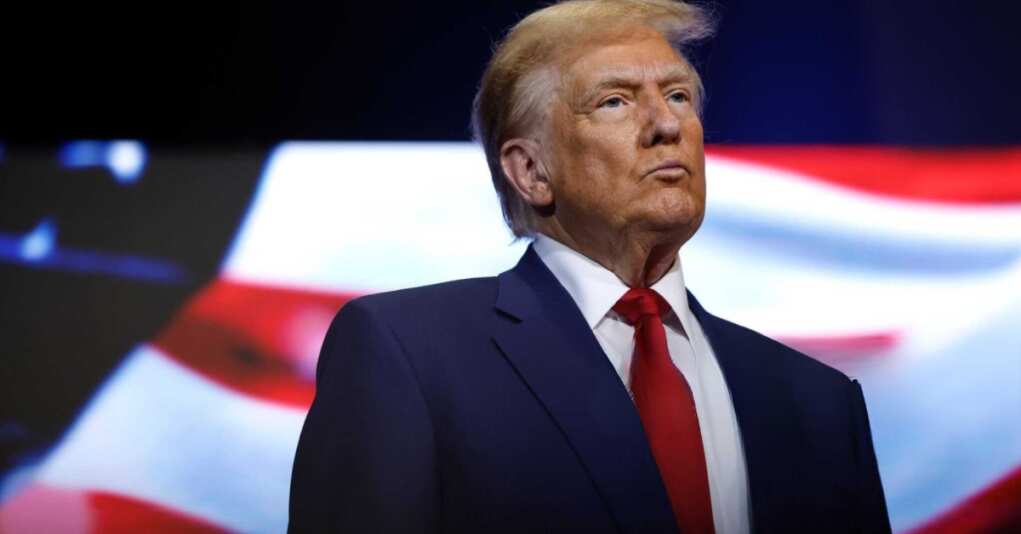Political Gaffes That Made Us All Cringe (and Laugh)
Krakenimages.com / shutterstock.comAh, politicians. They’re supposed to be the smartest people in the room, but every now and then, they remind us that even the “elite” have their moments. Whether it’s a verbal slip, a poorly timed gesture, or an epic misunderstanding of basic geography, political gaffes are the gifts that keep on giving. Let’s take a […]
Border Security: What’s Working, What’s Failing, and Lessons From Abroad
Amanda Oldham / shutterstock.comBorder security is one of the most hotly debated topics in America. For years, political leaders have sparred over how best to secure the U.S. borders, particularly the southern one. Should we build a wall? Invest in high-tech surveillance? Hire more border agents? While the debate rages on, one thing is clear: A secure border […]
Famous American Mysteries That Still Aren’t Solved
MDV Edwards / shutterstock.comAmerica has its fair share of unsolved mysteries, and they continue to fascinate generations. These enduring enigmas have inspired countless books, documentaries, and conspiracy theories, making them part of the cultural fabric. From vanished planes to cryptic heists, here are some of the most intriguing mysteries that still leave us guessing. 1. The Disappearance of […]
Made in America: 10 Revolutionary Inventions That Changed the World
Prostock-studio / shutterstock.comAmerica has always been a land of innovation, where bold ideas turn into groundbreaking realities. From the light bulb to the internet, American inventors have shaped the modern world with their ingenuity and determination. Here are ten iconic inventions born in the United States that have left an indelible mark on history and continue to […]
Journey Through Freedom: Iconic Road Trips Every Patriot Should Take
Olezzo / shutterstock.comThere’s something uniquely American about hitting the open road. It’s not just about the destination—it’s about the journey, the freedom to explore, and the stories etched into the landscapes along the way. The Great American Road Trip is more than just a vacation; it’s a celebration of the country’s history, culture, and natural beauty. Here […]
Endangered in Paradise: How Rising Seas Threaten Florida’s Key Deer
Chuck Wagner / shutterstock.comIn the stunningly beautiful Florida Keys, a unique and cherished species teeters on the brink of disaster. The Key deer, the smallest subspecies of the North American white-tailed deer, has long captivated residents and visitors alike with its diminutive size and gentle demeanor. But as rising sea levels transform the Florida Keys, this iconic species […]
Big Business Loves Trump More Than You Think—And Here’s the Proof
Two months ago, Kamala Harris and her cheerleading squad of surrogates were busy screeching that Donald Trump was channeling his inner Hitler. They were trying to get America to believe Trump was itching to sic the military on Americans, fantasizing about locking up dissenters, and presumably planning his own line of dictator-chic uniforms. Fast forward […]
Massive Volcano Eruption Will Destroy Global Crops and Starve Millions in Chaos
Wirestock Creators / shutterstock.comHere we go again, folks—another doomsday scenario humanity isn’t prepared for. This time, it’s not because of reckless politicians or shortsighted corporations but because of a slumbering giant: volcanoes. Scientists are waving red flags about the next massive volcanic eruption, but instead of heeding the warning, the world is hitting the snooze button. Let’s revisit […]
The Moon Landing: Humanity’s Greatest Leap—or Hollywood’s Greatest Hoax?
Artsiom P / shutterstock.comOn July 20, 1969, millions of Americans huddled around their televisions to witness history: astronaut Neil Armstrong stepping onto the lunar surface and uttering the iconic words, “That’s one small step for man, one giant leap for mankind.” The Apollo 11 mission represented the pinnacle of human ingenuity and the culmination of a fierce Space […]
Gateway to Freedom: Why Ellis Island and the Statue of Liberty Matter
Frederick Millett / shutterstock.comIn the waters off New York City lies one of America’s most iconic duos: Ellis Island and the Statue of Liberty. Together, these landmarks symbolize hope, freedom, and the promise of a better future. While they may feel like distant memories of a bygone era, their significance resonates today as much as it did over […]
Trump’s Deportation Train is Already Rolling As Mexico Builds Shelters
Jose Carrera / shutterstock.comMexico is already feeling the impact of Trump’s election on illegal immigration, and it’s not a “surprise, surprise” moment. While Trump is still gathering his things for the White House, Mexico is preparing for a deluge of deportations, bracing for the “largest mass deportation program” in U.S. history. Of course, that’s the plan—Trump made it […]
Drones Over Military Bases? Don’t Worry, the Government’s Got… Crickets
2days / shutterstock.comDrones are buzzing over New Jersey and U.S. military installations like it’s their own private air show, and everyone’s playing the blame game instead of grounding them. Republican Rep. Michael McCaul of Texas thinks they’re Chinese spy drones because, well, China does love a good espionage gig. He points to their habit of buying up […]
Study Confirms ‘Net Zero’ Would Have Almost Zero Effect on Climate
Deemerwha studio / shutterstock.comThe field of radiation physics has blown the fake theory of global warming wide open over the past two years. A new study published in the Journal of Sustainable Development finds that even if every nation on earth were able to achieve its goal of “Net Zero” carbon emissions, the impact on global temperatures would […]
Trump’s Return: Why 2019 Isn’t Coming Back Overnight
Anna Moneymaker / Shutterstock.comDonald Trump is heading back to the White House in January, and for many Americans, it feels like a long-awaited return to common sense. After years of chaos, record inflation, skyrocketing energy costs, and global instability, the 45th—and now 47th—President is poised to get the country back on track. But let’s be clear: as much […]














